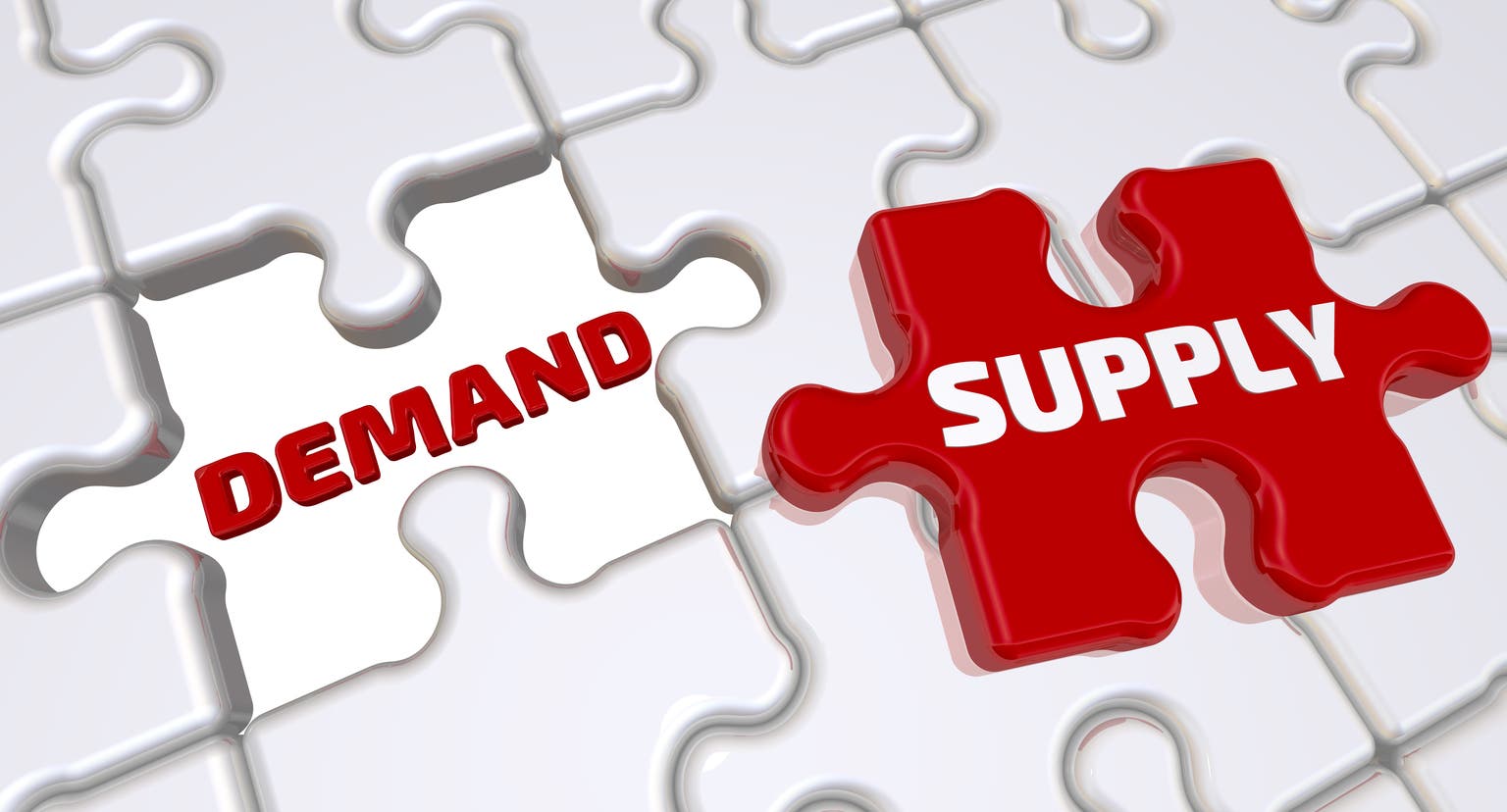David Stryzewski, CEO of Sound Planning Group, explains why he thinks the U.S. is in a controlled recession.
Transcript:
David Stryzewski: I would say that we’re probably heading into a controlled recession. I think that we’re probably heading into something that’s maybe more like a strategic reset. Call it a shallow recession, maybe even welcome behind the scenes. I’m not sure, but a market pullback would drive capital into bonds, would lower yields, would give the Fed cover to pivot from quantitative tightening to more quantitative easing. And that’s probably exactly what you would want if you’re trying to refinance as much national debt as we have without taking the entire system. So in my opinion, this is not political. It’s math. And it’s probably necessary. So as we look at your question here, and we talk about a controlled recession, I think that people are concerned about stagflation a stagnant economy that’s followed by inflation. Now, I do think that we’re going to have challenges with GDP because most of our GDP, or a lot of our GDP, was driven by government spending. If you print $1 trillion every 100 days guess what happens? A bunch of cash goes into the system. It turns up the markets. New things happen. It’s sort of a sugar high answer, though, as opposed to systemically coming underneath the foundations of things, which is what I think is actually getting eroded. The actual consumer is 70% of our GDP that’s being eroded. And so the consumer needs to figure out how to get into a position where they’re not paying 25% on credit cards. Holy smokes, that should be illegal. How do you get out of that? By the way, credit card debt is unsecured debt. And so unsecured debt means you can’t go into someone’s house and take their groceries away or the gas out of their gas tank. There’s nothing like a home or a car to repossess. And so if what we had right now was the largest credit bubble in the world for credit cards, and the consumer just goes, hey, I’m done, I capitulate, I quit, which is basically what’s happening in China right now and their mortgage industry, which is, by the way, the largest sector of in any economy is the real estate in China. And they’re not paying it anymore because no one is delivering their homes. But the consumer right now has a lot of debt. And they’ve just been fighting debt with their credit card. And so I’m concerned that we see people get into trouble in that way. And so how will we answer those questions. What do we believe are the right solutions. I think that there should be a big national conversation, but ultimately, I’m sure that there’s some surprises that I’m not even thinking about right now that could pop up. And so how we can dance and pivot with those moments is going to be really important. And so hopefully we’ve got our fingers on the pulse of what could happen, should happen and how we might be trending here, forward to the future.
Subscribe |
Earn. Live. Invest. |
TheStreet Pro |
#economy #recession #debt
source










































